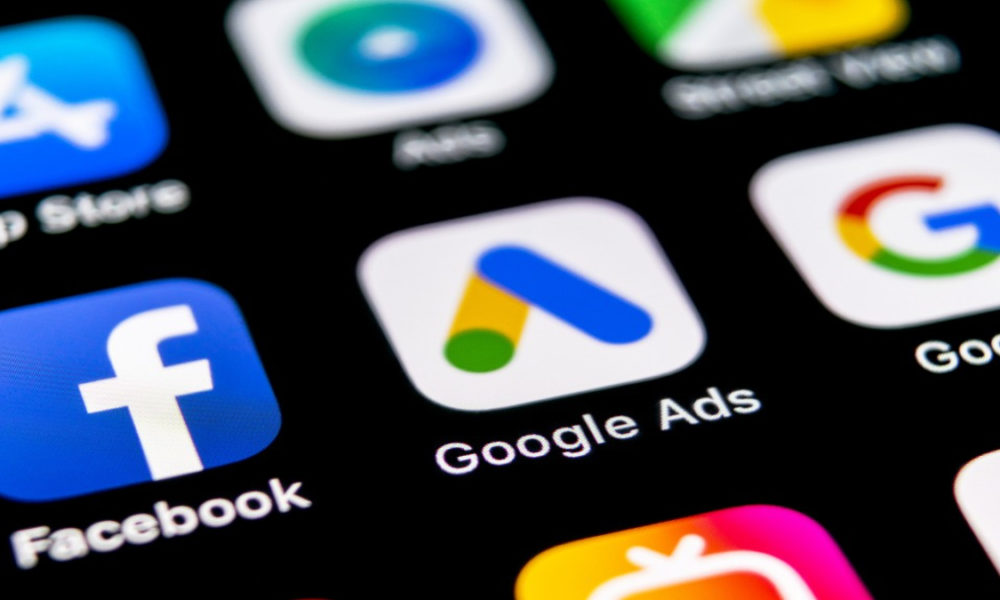A newspaper reported on May 27 that the Rashtriya Kamadhenu Aayog in Gujarat has begun clinical trials of what it claims is medicine for Covid-19 made from cow dung, cow’s urine, milk, butter and ghee. If you wish to believe in this form of medicine, you might feel a rush— I call this “belief rush”—to fortify the argument by understanding better the arguments behind that medicinal claim. Detractors may do a pushback nudge and ridicule the claim, offering a ton of reasons why it can’t work. If authentically monitored, the trials will reveal who’s right.
This rush is such a common process these days that it is hard not to do it automatically. Nudged like in a Chinese Whisper game, the story bounces around on social media, sometimes going as far as fake news through what people write in their post. The function of the actual information—that the clinical trials have begun— is relegated to a supporting role. The social media is a ruthless machine where its faceless denizens constantly demand our side of every story, forcing us to peg our argument on something that sounds credible. Whether we choose to articulate that argument or not, the fact that we feel the urge to take sides means we have a new dependence on the media to fortify our beliefs. Thereby, that’s the new function of the media—to educate us enough to confirm and reinforce our beliefs for social media articulation. But when such reinforcement is either not forthcoming, some denizen or the other on social media will fill that gap, often forming the basis of claims.
We don’t need no education. Or so Pink Floyd sang. To an educator like me, this new phenomenon has been truly illuminating because it marks the true nature of what we assumed would be a new form of democratisation. Right until the last decade, I strived for access to the latest, the most detailed information. But now, I am more selective, choosing drops from the welter.
One of the media’s traditional functions is to set the agenda for the society. Simply deciding the inclusion of position of a story is a form of agenda-setting. But in the digital age, newspapers should continue setting the agenda while their digital counterparts produce a voluminous number of stories as they happen. So, in theory, the new democratisation should take away control over content, rendering media platforms agnostic to the pitfalls of political and ideological biases, and bringing a new concept of balance to the equation. The new forms of news and information fill our knowledge gap and with the impressive penetration of the smart phone, the gap gets even narrower.
This knowledge gap is seen as a constant factor in society, and the effort has been to narrow it. The less educated, the less would one be interested in serious social, political or economic issues. But new, inexpensive, digital ways—such as mobile phones—of acquiring information made a difference to the gap. But it seems that knowledge is no longer an all-round understanding of issues that we are told. We are selective in what we want to know, leading to the creation of echo chambers that are conveniently (and algorithmically) accessed on social media.
From knowledge-seeking to belief-seeking. Now that my informational need bucket is doing fine, I must turn my attention to the next bucket in line, the need to reorganise my circles around my beliefs. Processing each piece of information and storing in a binary bucket has developed into such a compulsion that over the past year or two that relationships have been collapsing over political or ideological binaries. The “agree / disagree” binary is the new trigger, whereby the brain seems to retain arguments that will serve their purpose on those provocative and pesky WhatsApp group messages.
Traditionally (and I mean since earlier this century!), echo chambers, which represent the organisational function, have been rejected as blinkered places to operate from—mostly as anti-democratic and against the principles of a healthy debate. This is not to say echo chambers have not existed before social media, or to claim the primary and causative link between social media and polarisation. But for the sake of focus, I will limit this discussion to the link between our use of media and of social media.
While documenting Donald Trump’s Twitter communication during his 2016 campaign, I observed two functions of social media discourse—the “organisational” and the “instrumental”. Trump first used popular messaging to galvanize support within his support groups on Twitter (organizational), and then expanded those messages on televised debates with opponents (instrumental)—thereby also showcasing the interplay between the social media and mainstream media.
Some research indicates that fair-minded individuals will check official news sites to “temper” their own beliefs. But it also observes that somewhat counterintuitively, the social media is the very reason we are exposed to and aware of the counter-narrative. Each day, I am bombarded not only by information, but also by the accompanying debates. I often hear people complaining about the social media as anti-sanity. The lamentation is especially loud against “closed apps” like WhatsApp, whose architecture does not allow us the liberty of staying in a group for social reasons while ignoring (except “muting” notifications) the often-political messages. But do we really want to process so much information and arguments each waking hour? The “Friends” option on Facebook is sometimes safer than the “Public” option because social media is not a dissertation defence—although some arguments may often appear that way.
Echo chambers have been a safe haven to protect ourselves from hypercommunication. The argument that may work counter to the above research finding is that we strive for self-esteem and sanity. That is why, why echo chambers seem too easy an asylum of sanity, they also find some legitimacy in the position that debates can be addictive, toxic and demeaning after a point.
The echo chamber precedes the debate chamber. Yet, as eternal learners as we humans are, both are inevitable in varying degrees. FOMO (fear of missing out) and JOMO (joy of missing out) are joined at the hip.
The echo chamber precedes the debate chamber. Yet, as eternal learners as we humans are, both are inevitable in varying degrees. FOMO (fear of missing out) and JOMO (joy of missing out) are joined at the hip.







